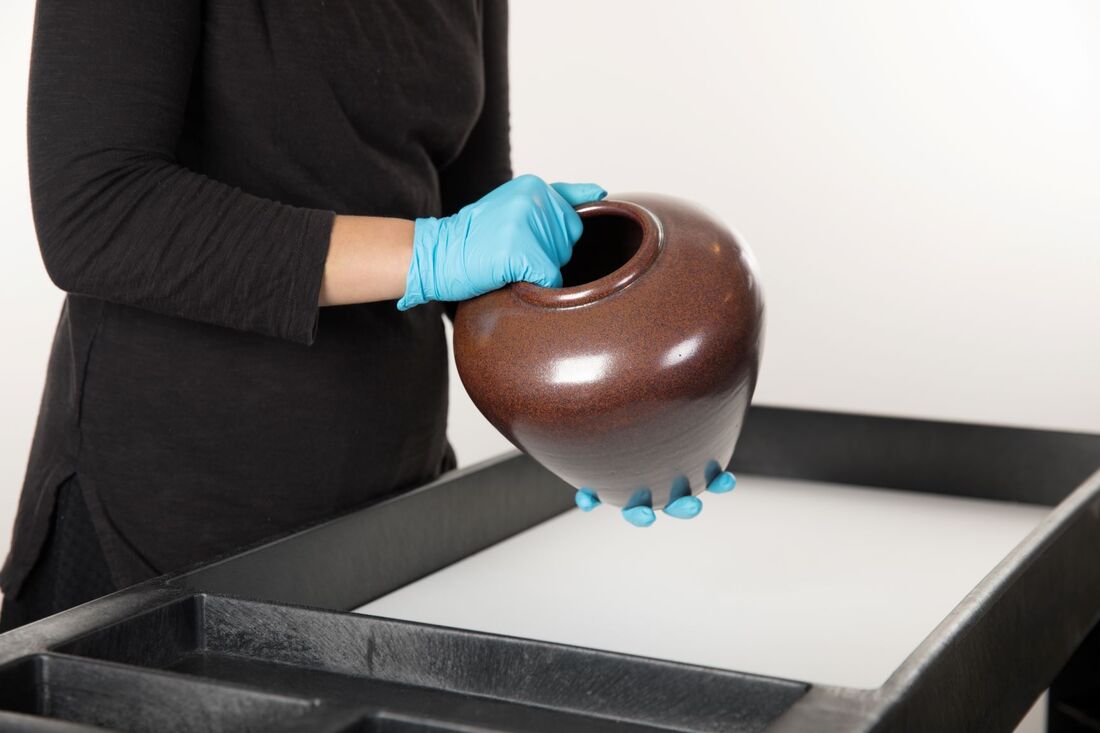|
The environment in which objects exist is the most important detail to consider when caring for a collection. No single environmental condition will be ideal for all collections, but understanding different types of deterioration that can occur under poor environmental conditions is an important step in preventative care. Objects can deteriorate chemically, biologically, and mechanically.
#artcollection, #artcollecting, #bestartstorage, #preserveart, #artstoragetips, #protectart, #keepartsafe, #secureyourcollection, #guardianfineart, #archivalmaterials, #preventativecare #wisconsinartstorage 3/24/2023 03:27:43 am
Thank you for pointing out that rising temperatures, rising relative humidity, and rising reactant concentrations all hasten chemical degradation rates. My sister paints on canvas. She is concerned about the possible degeneration of her work. I'll advise her to hire a humidity control specialist to prevent the degradation of the chemicals. Comments are closed.
|


 RSS Feed
RSS Feed





